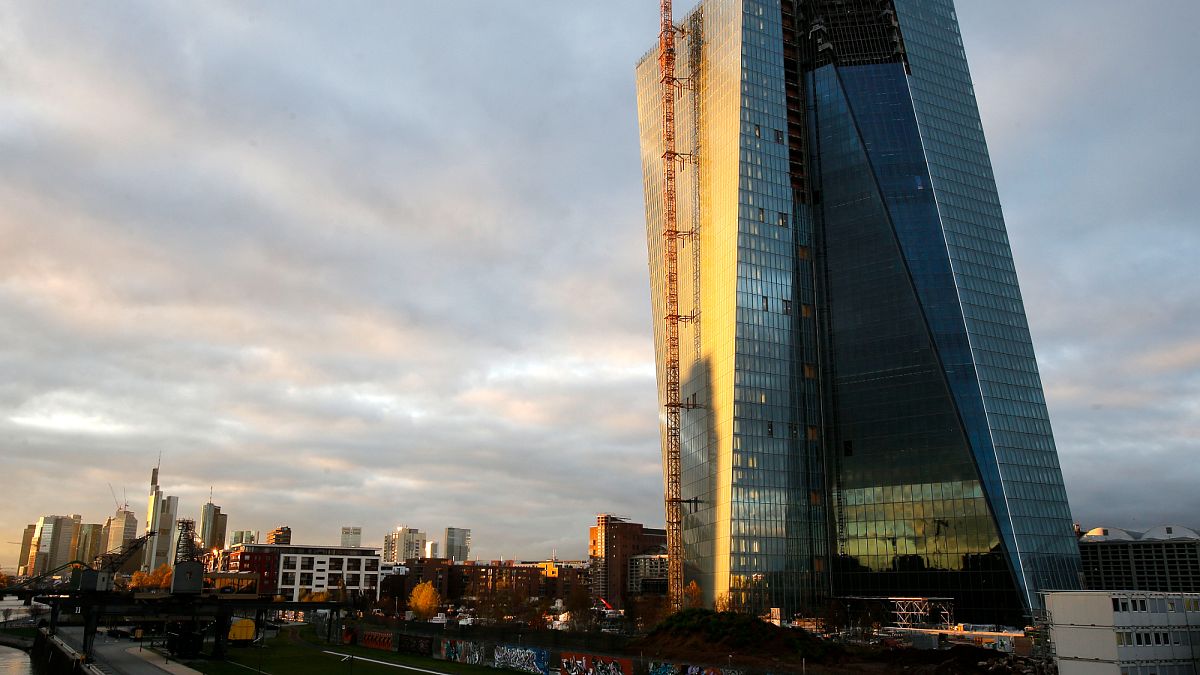Germany’s corporate morale edged higher for the fourth straight month in April, reaching its highest point since last summer, yet business leaders remain wary of storm clouds gathering over global trade and geopolitical risks.
The Ifo Business Climate Index, a key barometer of sentiment among German firms, edged up to 86.9 in April from 86.7 in March, beating expectations and marking the strongest reading since July 2024. While the marginal gain suggests economic resilience, underlying data reveals a more nuanced picture, with rising optimism about current conditions offset by waning expectations for the months ahead.
What’s driving Germany’s business morale?
The improvement was largely supported by robust public investment efforts, particularly in construction, as Berlin accelerates fiscal stimulus to buffer the economy from external headwinds.
These include fresh tariff threats from the United States, which have reintroduced an element of unpredictability into the global trade order.
The index measuring current conditions rose to 86.4 in April from 85.7 the month prior, comfortably beating the consensus forecast of 85.5.
Yet, the expectations index, which gauges outlooks over the next six months, dipped to 87.4 from 87.7—still above market consensus of 85, but indicative of growing unease.
“Companies were more positive about their current situation. However, expectations were gloomier. Uncertainty among the companies has increased. The German economy is preparing for turbulence,” Clemens Fuest, President of the Ifo Institute, said.
Despite the broad uptick, confidence remains fragmented across sectors. In manufacturing—traditionally the engine of German economic strength—the mood soured again following a brief recovery in March.
This was mainly due to “noticeably more pessimistic expectations,” the Ifo Institute said, as concerns about export demand and order backlogs resurfaced.
By contrast, the construction sector was a standout performer in April, reaching its highest sentiment level since May 2023. This was driven by “significantly improved expectations” as firms began to anticipate the rollout of new infrastructure projects tied to Berlin’s fiscal push.
The services sector also showed mild improvement, with companies reporting higher satisfaction about their current situation, especially in hospitality.
Yet, outlooks remained “slightly skeptical,” particularly among transport and logistics firms, which saw a drop in sentiment amid fuel cost concerns and shipping disruptions.
In retail and wholesale trade, sentiment deteriorated. The index for trade declined again in April, led by pessimistic outlooks in wholesale
Last week, Fuest said the European Central Bank’s recent 25-basis-point interest rate cut was “the right choice” given escalating risks from US tariff policies under President Donald Trump.
He attributed the easing inflationary pressures to three main factors: the appreciation of the euro against the dollar, falling oil prices, and increased Chinese exports resulting from US trade restrictions on Beijing.
Market reactions
The upbeat market mood seen earlier this week gave way to caution on Thursday, after the White House doubled down on its tough trade stance against China and reignited concerns over US foreign policy in Eastern Europe.
“There will be no unilateral reduction on China tariffs,” White House Press Secretary Karoline Leavitt said during a press briefing, reinforcing that President Donald Trump remains committed to “fair trade practices” even as negotiations with Beijing continue.
On the Russia-Ukraine front, Leavitt added that while Washington is not pressing Kyiv to acknowledge Moscow’s annexation of Crimea, Ukrainian President Volodymyr Zelenskiy “seems to be moving in the wrong direction.”
By late morning in Central Europe, the Euro STOXX 50 index had fallen 1.5%, led by declines in banking shares. Frankfurt’s DAX slipped 0.7%, and Paris’ CAC 40 shed 0.4%. Bucking the trend, Milan’s FTSE MIB gained 0.4%, helped by strength in energy and consumer sectors.
European stocks reacting to earnings and news included Sanofi, down 1.0%; BNP Paribas, down 3.9%; Dassault Systèmes, down 8.2%, Kering, down 4.7%, Eni, up 1.5%; Adidas, up 2.6%; Willis Towers Watson, up 1%; Nokia, down 8.5%, and STMicroelectronics, up 2.2% on stronger-than-expected results.

